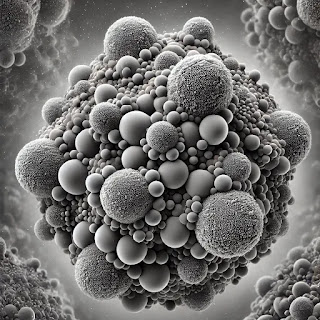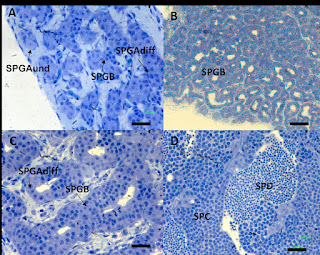The ancient and helical architecture of Elasmobranchii's spermatozoa enables progressive motility in viscous environments
Serhii Boryshpolets, Borys Dzyuba, Pablo García-Salinas, Hermes Bloomfield-Gadêlha, Victor Gallego, Anatoliy Sotnikov, Juan F. Asturiano
Abstract
Subclass Elasmobranchii belongs to an old evolutionary class of Chondrichthyes that diverged 450 mya, presenting a wide diversity of reproductive strategies while preserving the ancient mode of internal fertilization. Despite such evolutionary success, many species in this group are at serious risk of extinction. Understanding the principles of sperm progressive motility and physiology of such an ancient group of vertebrates is essential for developing future assisted reproductive techniques to protect this species and is also critical for our general understanding of reproduction evolution. Elasmobranchii species possess big spermatozoa (compared to bony fishes) with an elongated helical head and tail similar to one currently existing (but later diverged) in birds, reptiles, and amphibians, which can be considered an evolutionary ancient. These structures may be associated with the necessity to penetrate viscous ovarian fluid or the jelly layer of eggs, suggesting environmental viscosity as the driving pressure shaping large-sized sperm heads into helical shapes through evolution. We observed spermatozoa motility with high-speed video microscopy to capture sperm and flagellar motion in three Elasmobranchii species: the freshwater ray Potamotrygon motoro, the marine skate Raja asterias and the shark Scyliorhinus canicula. We investigated the effect of viscosity on spermatozoa motility parameters and its ability to break free from spermatozeugmata, move progressively, and perform directional changes. After 20 min of observation, the spermatozeugmata conserved their structure in a low viscosity medium of 1000 mOsm/kg osmolality. In comparison, no remaining structure of spermatozeugmata could be found in high-viscosity medium 2% methylcellulose (MC) in all three species due to progressive spermatozoa motility. We find that spermatozoa's unique helical head-to-flagellum architecture is specific to promote locomotion in high-viscosity fluid; they cannot move progressively in low viscosity. The highest velocity for shark sperm was observed at 0.75% MC and 1% MC for ray and skate sperm. Viscosity stabilizes the flagellar propagation, producing rotational forces and allowing the helical head to screw into the media. Our observations suggest that the surrounding viscosity is critical to allowing spermatozoa progressive motility and enabling spermatozoa to control direction via head buckling in high viscosity. As such, the viscosity may be a key element controlling and regulating sperm performance during fertilization in the Elasmobranchii species.
PLoS ONE 22(2): e0319354, 2025
doi: 10.1371/journal.pone.0319354






